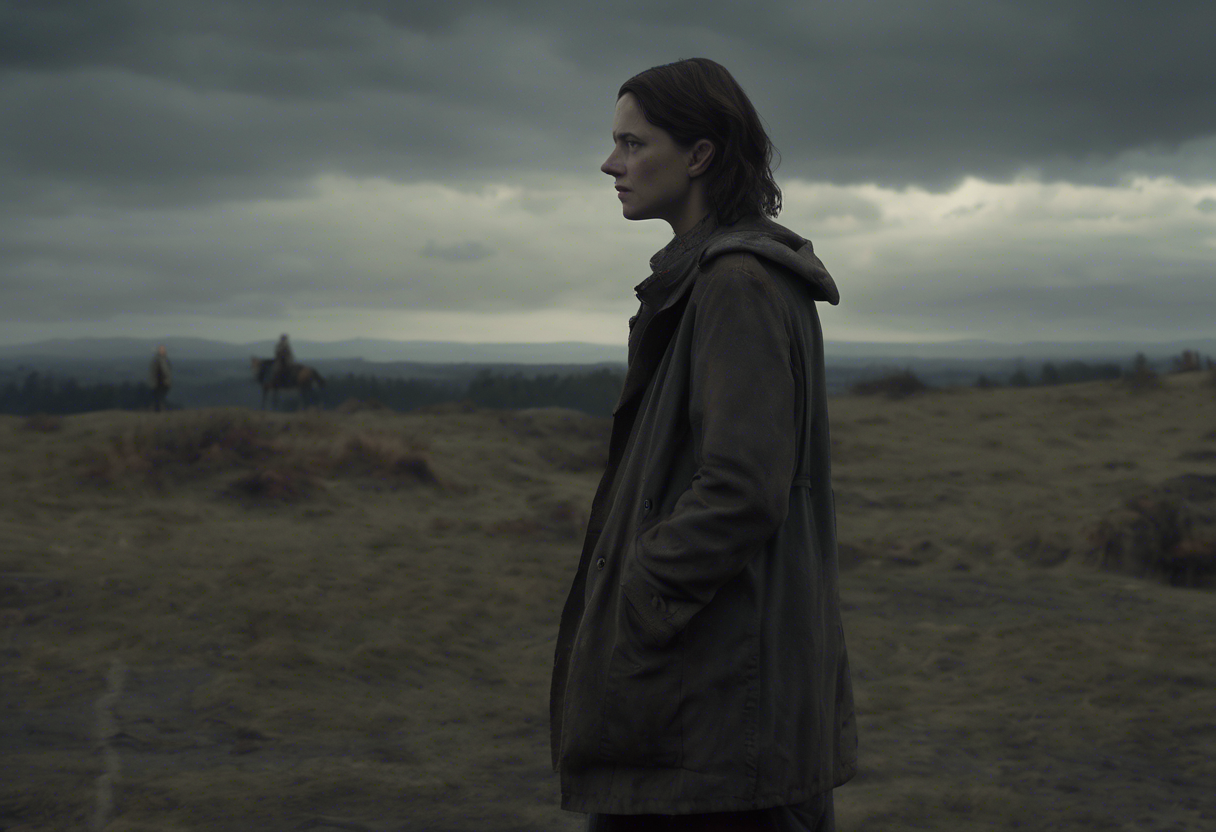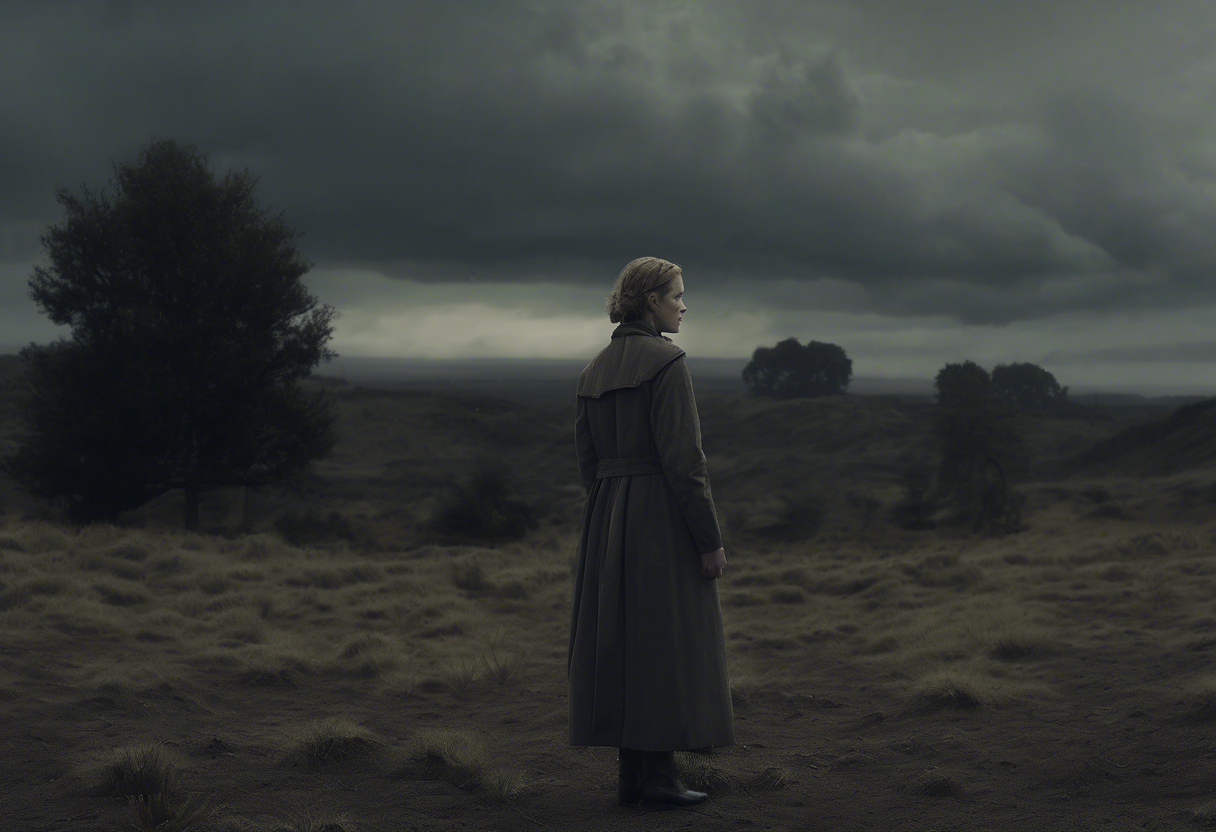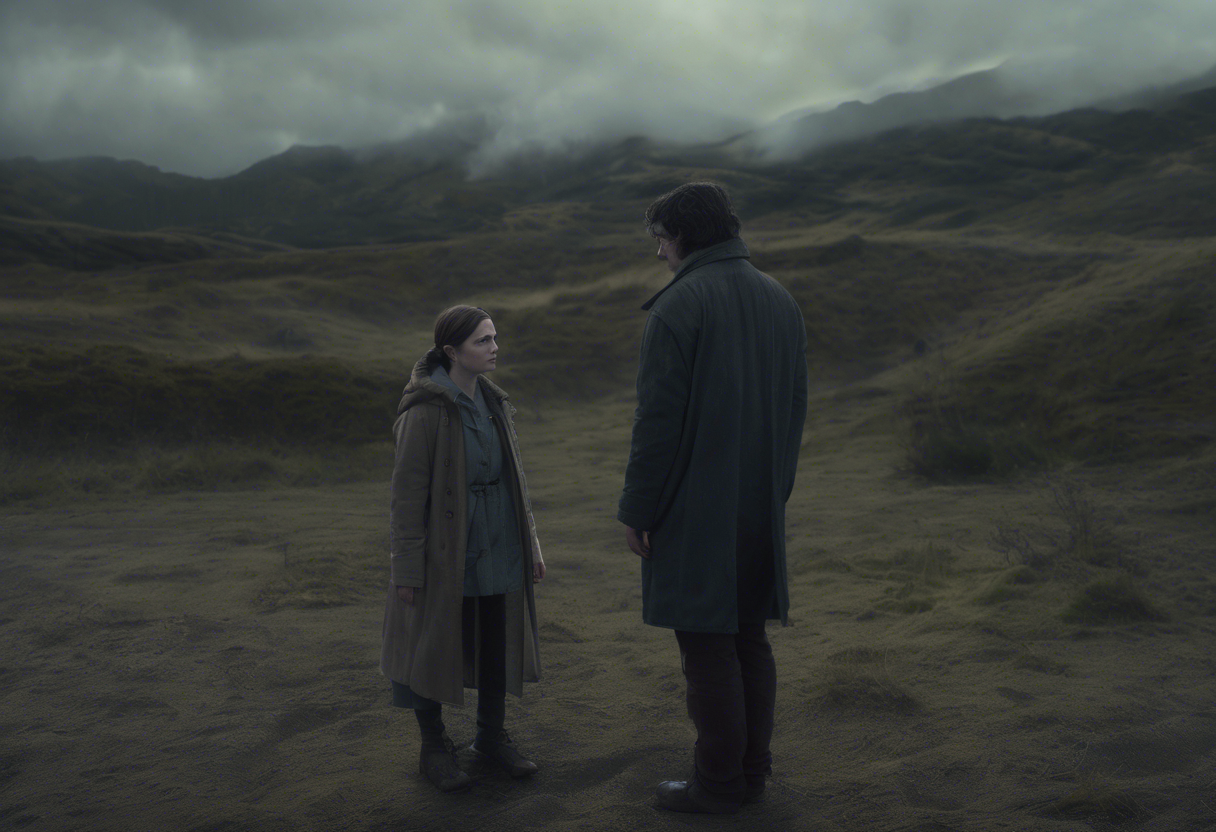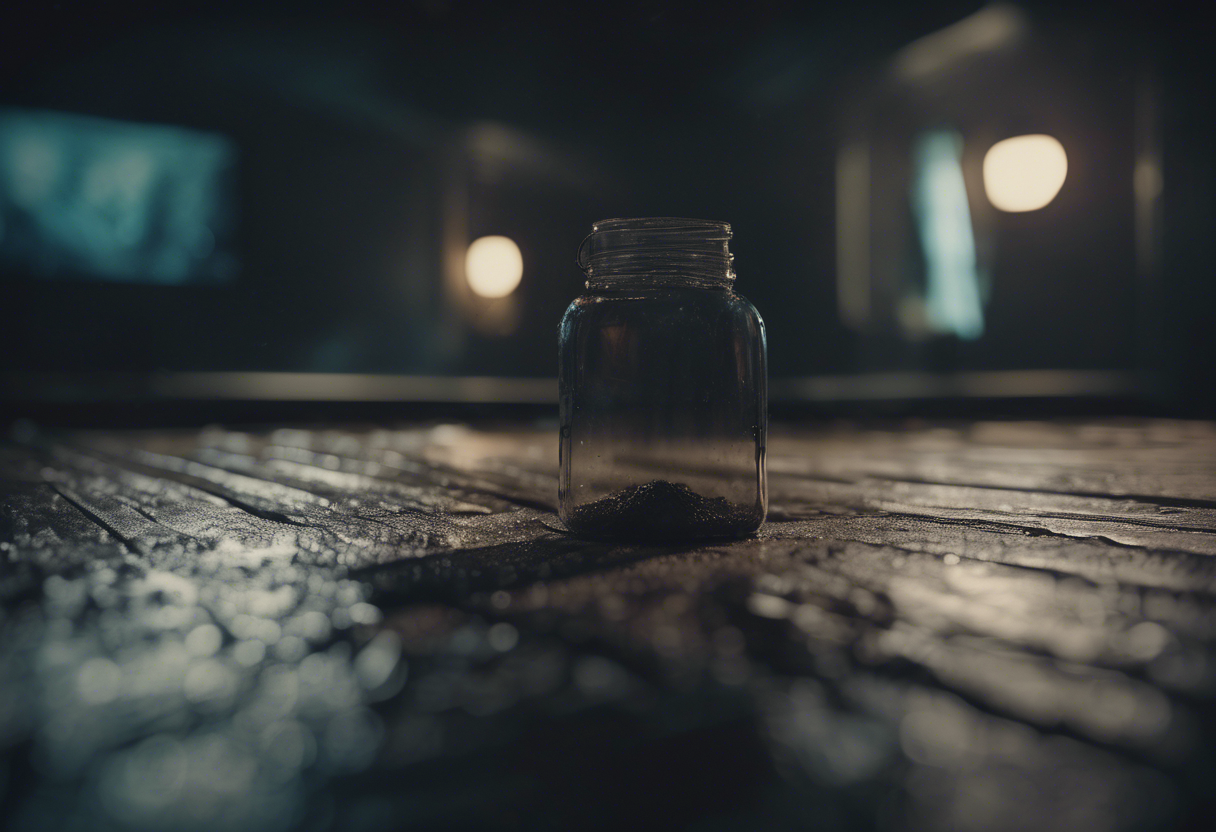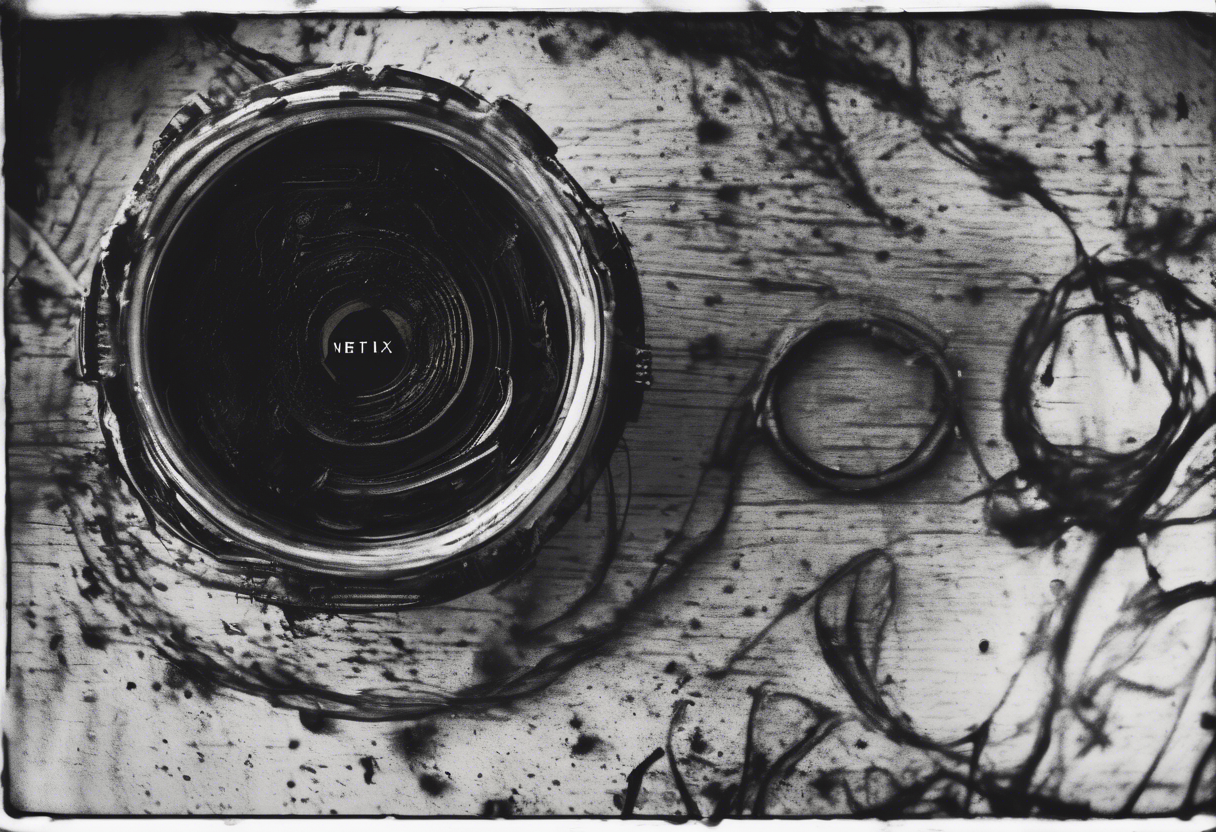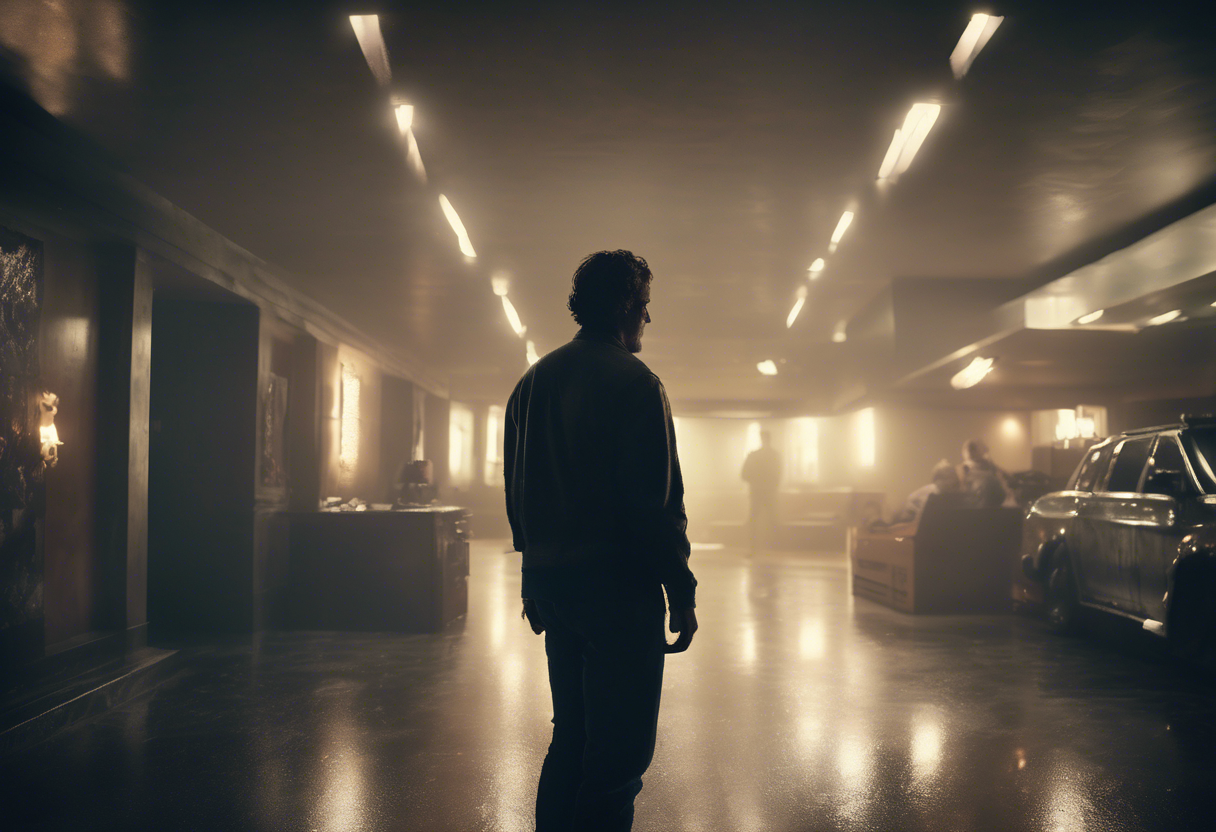Contents
Dark Season 2: Episode 1 – Beginnings and Endings
Introduction
"Dark," the critically acclaimed Netflix series, marked a significant milestone in German television production as the first Netflix original series produced in Germany. Created by the dynamic duo of Baran bo Odar and Jantje Friese, who previously collaborated on the film "Who Am I – No System is Safe," "Dark" delves into the intricate and mysterious world of Winden, a small German town plagued by supernatural events and interconnected family histories[1][4].
The series, produced by Quirin Berg, Max Wiedemann, and Justyna Müsch, quickly gained international acclaim for its complex narrative, deep character development, and philosophical themes. Season 2, which premiered in 2019, continues the story of Winden’s residents as they navigate through time loops, family secrets, and the impending doom that threatens their town.
"Beginnings and Endings," the first episode of Season 2, is directed by Baran bo Odar and written by Jantje Friese and Daphne Ferraro. This episode sets the stage for the season’s exploration of time travel, free will, and the cyclical nature of fate.
Plot Summary
The episode "Beginnings and Endings" opens with a poignant quote from Friedrich Nietzsche: "If you gaze long into an abyss, the abyss also gazes into you." This quote sets the tone for the episode, which delves into the depths of human existence and the consequences of meddling with time.
The narrative jumps between three distinct time periods: 1921, 2019, and 2052. In 1921, we are introduced to a younger Noah, who is working in the caves beneath Winden. Here, he encounters a mysterious door with a triquetra symbol and words from the Emerald Tablet, hinting at the ancient and mystical forces at play. Noah’s interactions with his older self and other characters in this era begin to unravel the origins of the time loop that has entangled the town.
In 2019, the town of Winden is reeling from the disappearance of six children. The Kahnwald and Nielsen families are at the center of this mystery, with Jonas Kahnwald, the protagonist, trying to make sense of the events unfolding around him. The police investigation, led by Charlotte Doppler, reveals more about the children’s disappearance and the involvement of the mysterious figure known as Noah.
The year 2052 presents a dystopian future where Jonas, now an older man, is part of a group surviving in a post-apocalyptic world. Here, he is on a mission to find answers about the time loop and how to break it. This future timeline is marked by desolation and a sense of hopelessness, contrasting sharply with the more immediate mysteries of 2019.
Throughout the episode, characters navigate their complex relationships and the consequences of their actions across different timelines. The Kahnwald family, in particular, is central to the narrative, with Michael Kahnwald’s past actions influencing the present and future. Hannah Kahnwald’s involvement with Ulrich Nielsen adds another layer to the intricate web of relationships and timelines.
The episode also explores the theme of identity and how characters’ perceptions of themselves change across different eras. Noah’s journey from a young man to an older, more sinister figure is a prime example of this. His transformation is mirrored in the changes seen in other characters, such as Claudia Tiedemann, who evolves from a determined and ambitious woman to a wise and weary elder.
As the episode progresses, the interconnectedness of the characters and their actions becomes clearer. The cave system beneath Winden, with its mysterious doors and symbols, serves as a physical representation of the time loop and the characters’ entrapment within it. The episode culminates with a series of revelations that set the stage for the rest of the season, including the introduction of new characters and the deepening of existing mysteries.
The narrative is woven together with a blend of suspense, mystery, and philosophical introspection, keeping viewers engaged and curious about the fate of Winden and its residents. The use of time travel as a narrative device allows for a rich exploration of cause and effect, free will, and the inevitability of fate.
Themes and Symbolism
"Beginnings and Endings" is replete with themes and symbolic elements that are characteristic of the "Dark" series. One of the primary themes is the cyclical nature of time and the inevitability of fate. The time loop, which is central to the series, suggests that events are predetermined and that characters are trapped in a never-ending cycle.
The triquetra symbol on the door in the cave is a significant symbolic element. It represents the interconnectedness of the past, present, and future, highlighting the idea that these timelines are not separate but intertwined. The Emerald Tablet’s inscription further emphasizes the mystical and ancient forces at play, suggesting a deeper, almost cosmic, order to the events unfolding in Winden.
Identity and self-perception are also major themes. Characters like Noah and Claudia undergo significant transformations across different timelines, reflecting the fluid nature of identity and how it is shaped by experiences and choices. This theme is closely tied to the idea of free will versus determinism, as characters struggle to understand whether their actions are truly their own or part of a larger, predetermined plan.
The use of Nietzsche’s quote at the beginning of the episode sets the tone for the exploration of existential themes. The abyss, in this context, represents the unknown and the void that characters gaze into, symbolizing the human fear of the unknown and the consequences of delving too deep into mysteries that are beyond human comprehension.
Cultural Impact
"Beginnings and Endings" and the broader "Dark" series have had a significant cultural impact. The show’s complex narrative and deep philosophical themes have resonated with audiences worldwide, making it a subject of intense discussion and analysis. The series has been praised for its unique storytelling and its ability to blend science fiction, mystery, and drama seamlessly.
The episode’s reception was positive, with many praising its ability to expand the series’ universe while maintaining the complexity and intrigue that defined the first season. The show’s influence can be seen in other media, with many creators citing "Dark" as an inspiration for their own work in the sci-fi and mystery genres.
Critical Reception
Critics and viewers alike praised "Beginnings and Endings" for its engaging narrative and the way it deepened the mysteries introduced in the first season. The episode was lauded for its direction, writing, and the performances of the cast. Baran bo Odar’s direction was particularly praised for its ability to balance multiple timelines and keep the narrative cohesive and engaging.
Some critics noted that the episode was slower-paced compared to the season’s later episodes, but this was seen as a necessary step to set up the complex narrative arcs that follow. Overall, the episode received high marks for its storytelling, character development, and thematic depth.
Legacy
"Beginnings and Endings" has left a lasting impact on the television landscape. It exemplifies the potential of complex, thought-provoking storytelling in the sci-fi and mystery genres. The episode’s use of time travel and interconnected timelines has influenced other shows and creators, who have sought to replicate its success.
The legacy of "Dark" and this episode, in particular, lies in its ability to engage audiences intellectually and emotionally. It has set a new standard for storytelling in television, encouraging creators to push the boundaries of narrative complexity and thematic depth. As a result, "Beginnings and Endings" remains a pivotal episode in the series, one that continues to be studied and admired by audiences and critics alike.
References
- https://about.netflix.com/news/dark-the-first-netflix-original-series-produced-in-germany-commences-principal-photography
- https://dark-netflix.fandom.com/wiki/Dark
- https://about.netflix.com/news/1899-creators-of-dark-start-production-for-new-netflix-original-series
- https://en.wikipedia.org/wiki/Baran_bo_Odar
- https://fathersonholygore.com/2019/06/21/dark-season-2-episode-1-beginnings-and-endings/

